The US State Department has claimed that corruption is a major obstacle to investing in Bangladesh.
It says the government has enacted various laws to bring bribery, misappropriation and other forms of corruption under control, but there is weakness in implementing these laws. "There is a general perception that corruption prevails at almost every level of society and this discourages investment and obstructs economic growth."
The US State Department made the observation in its recently published annual report on the investment climate of various countries. The report is basically drawn up every year to facilitate US investors.
According to the US State Department's Investment Climate Statement 2022, other factors that hamper investment in Bangladesh include lax implementation of the labour law, bureaucratic delays, inadequate infrastructure and limited financial instruments. There have been, however, improvements in certain areas, such as uninterrupted electricity supply. In recent years there have been visible efforts on the part of the government to improve the investment climate, but there is a lack of implementation.
The report said that security challenges also hamper some investment and trade opportunities. Referring to the 2016 militant attack on Holey Artisan Bakery, the report said that such terrorist incidents caused concern. However, the report added, the high GDP growth over the last decade reflected the resilience of the country's economy. Even so, there were lackings in the investment environment, such as in energy and transport infrastructure.
The US State Department report went on to say that land disputes were also major barriers to investment. US investors and Bangladesh nationals too complained of fraud practices in land acquisition. Also, the main weakness in the country's economy was its weak finance sector. The business climate was further hampered by the steady losses faced by the state-run organisations and the contradictory decisions of the bureaucrats.
The report went on to say while power generation had increased significantly over the last decade in Bangladesh, there was need to improve the transmission and distribution systems for uninterrupted electricity supply.
Bureaucratic delays were also an obstruction to investment in Bangladesh. Duality in administrative work, lack of transparency in the legal and administrative system, discouraged investors from taking up projects in the country. There are also allegations of frequent threats from politically-backed quarters to extort money from businesspersons.
The US report pinpointed nine potential sectors for investment in Bangladesh. These were power and energy, agriculture implements, ICT, infrastructure and engineering, textiles and garments, security equipment and services, education, e-commerce, healthcare and pharmaceuticals. Low wage rates in Bangladesh had helped in the expansion of Bangladesh's readymade garment sector.
The report said that in 2021 Bangladesh had imported commodities of USD 2.35 billion (USD 235 crore) from Bangladesh and had exported commodities of USD 5.95 billion (USD 595 crore) to the US. The trade deficit is in favour of Bangladesh. US investment in Bangladesh totals USD 4.10 billion (USD 410 crore). The US is among the top countries with highest foreign investment in Bangladesh.


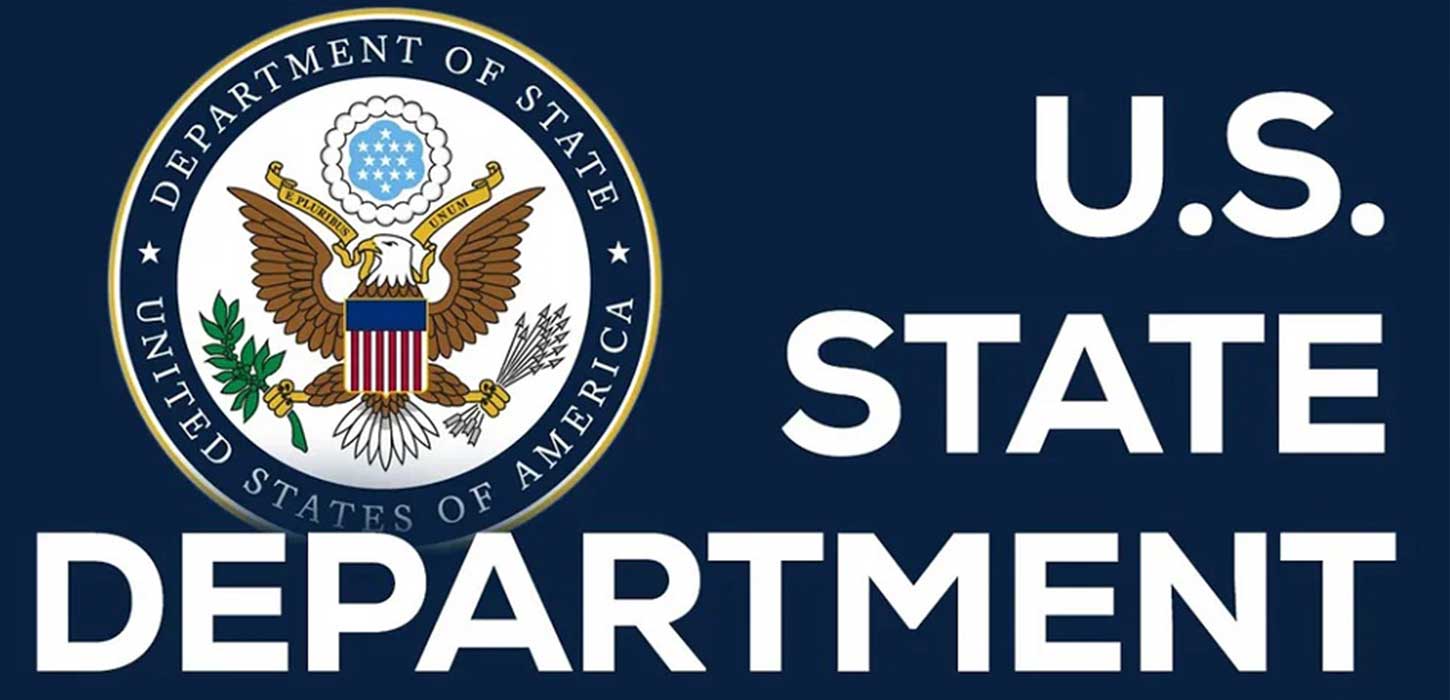


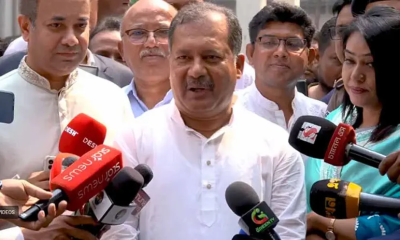
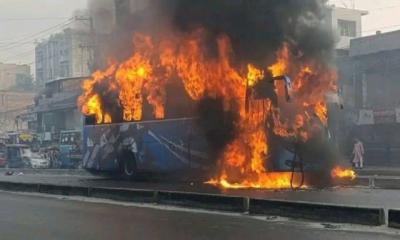
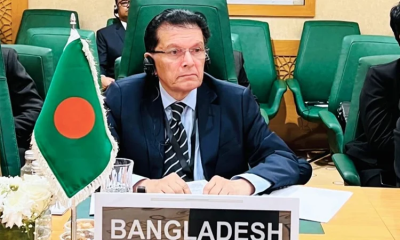


-20260227090008.webp)
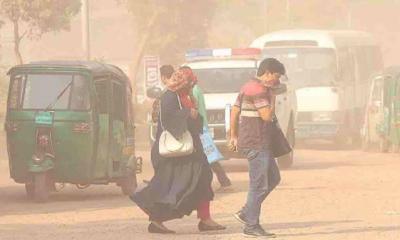



-20260226080139.webp)









-20260224075258.webp)




-20260221022827.webp)


